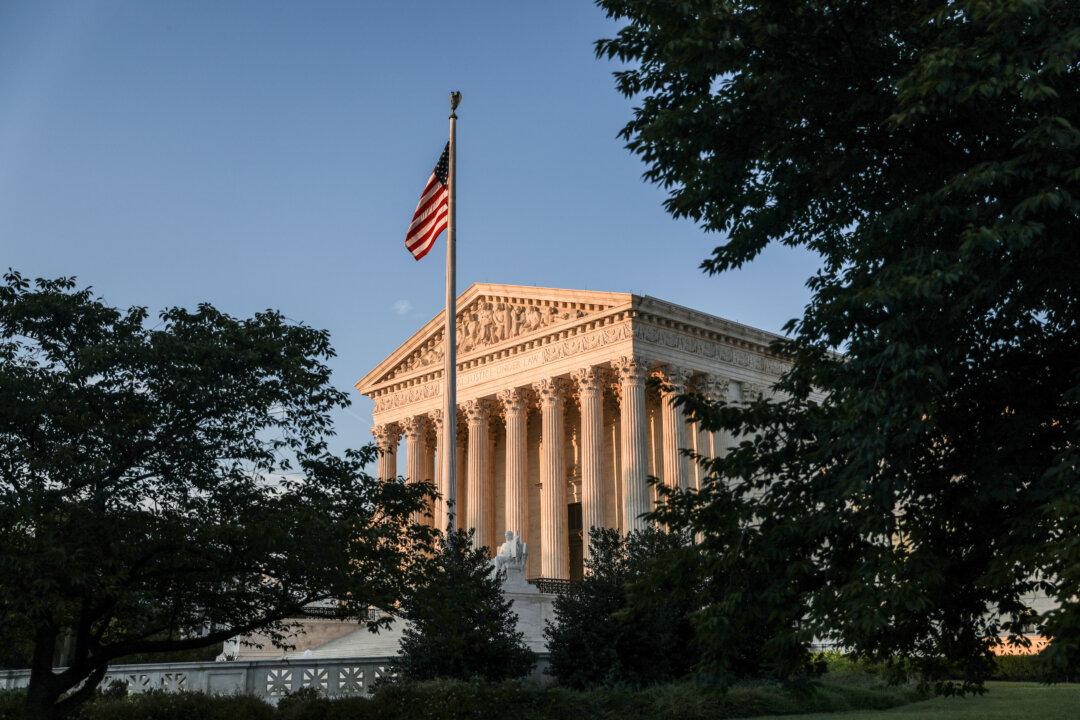WASHINGTON—The Supreme Court refused this week to intervene in a bitter dispute between the Utah Republican Party and electoral reformers over a state law that allows candidates to bypass the state party convention process and get on the primary election ballot by gathering voter signatures on nominating petitions.
The Supreme Court’s failure to take up the case is a victory for moderate Republicans over more conservative members of the GOP. The old convention system is widely viewed as giving more conservative candidates an edge.





